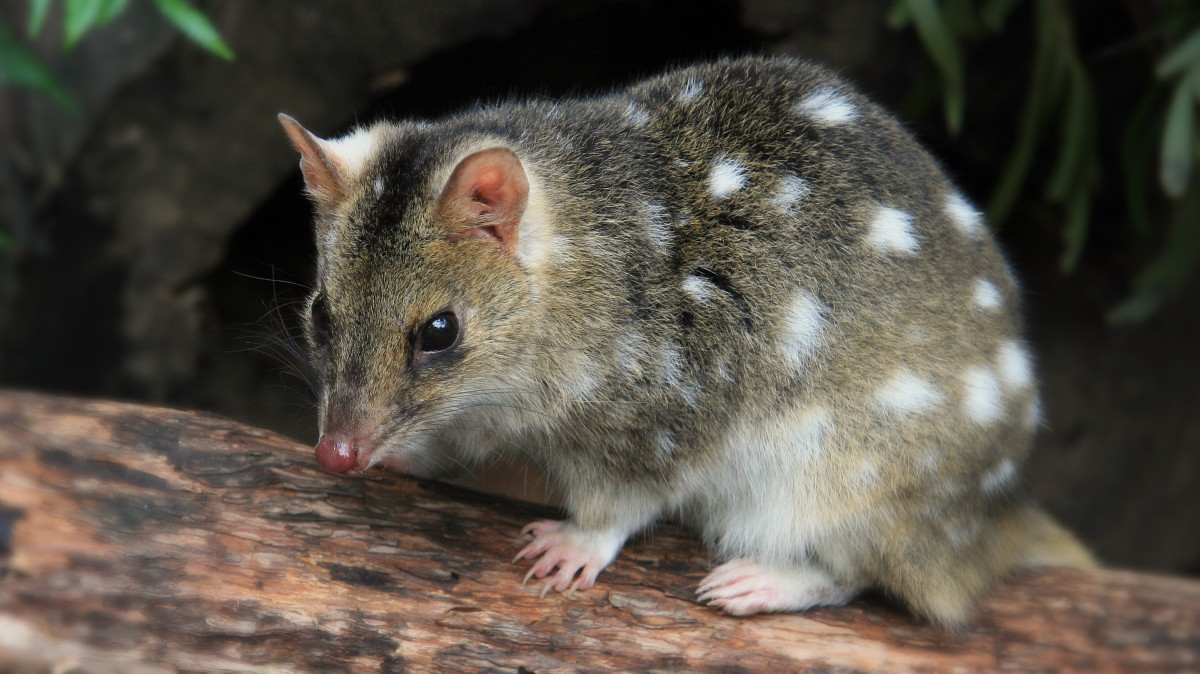Published by The Transcontinental, Port Augusta
Quolls and brush-tailed possums reintroduced to South Australia's Ikara-Flinders Ranges National Park are thriving and defying all expectations.
Reintroduced to the region in 2014, the fledgling populations have weathered two of the driest and most extreme years on record.
The vulnerable western quoll is one of Australia's native predators, about the size of a small domestic cat, it once occurred in every state and territory but is now restricted to south-west Western Australia.
A number of wild western quolls were relocated to Wilpena Pound between 2014 and 2016, in the hope of restoring the numbers of the once populous native animals.
The project has been delivered through the Department for Environment and Water's long-running Bounceback Program as part of a 25-year commitment to restoring semi-arid landscapes.

Before a monitoring survey began last week, a fall in the population was expected due to the challenging conditions.
The fears turned out to be unfounded with 50 western-quolls (29 new individuals) and 28 possums (8 new individuals) captured over a week of trapping.
Natural Resources SA Arid Lands Regional Director Jodie Gregg-Smith said last week's monitoring results highlight the success of the reintroduction program.
"The western-quolls and brush-tailed possums have proven their resilience to survive the harsh conditions they've encountered over the past two years," she said.
"This shows that by reducing feral predators in the environment we give our native species the best chance of survival, particularly when conditions are challenging."
The animals were reintroduced in 2014 through a public-private partnership with the Foundation for Australia's Most Endangered (FAME).
Ms Gregg-Smith said the increase in population is an example of the positive conservation outcomes for threatened species that can be achieved in these types of partnerships.
"Controlling foxes, and more recently feral cats, has reduced predation on both the quolls and possums, particularly on their young," she said.
"We look forward to the continued partnership with FAME and seeing quolls and possums populations grow at our iconic Ikara-Flinders Ranges National Park."
